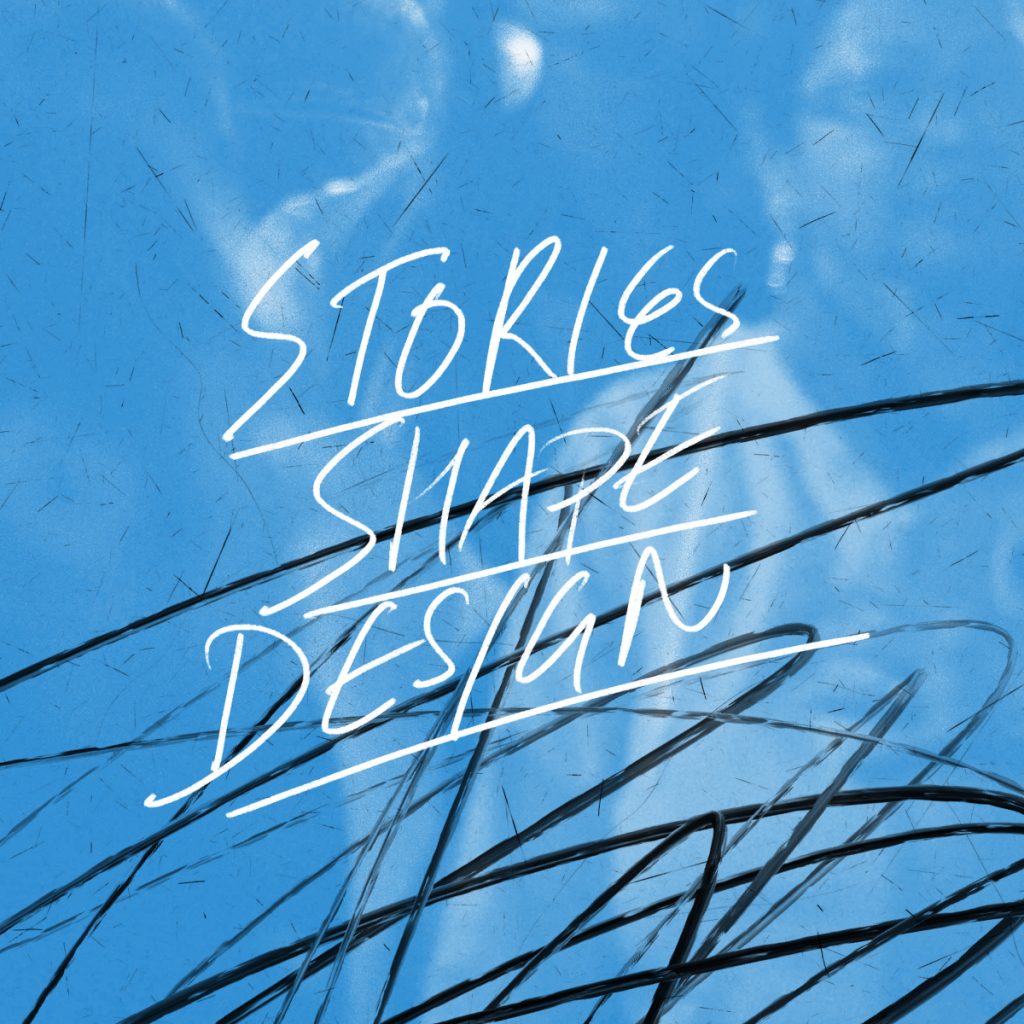Posted: 30th August 2021
Decolonizing your imagination: Futures Literacy for change
Amerissa Giannouli
The expected impacts of the climate crisis have confronted the social and environmental injustices that are buried beneath the consumption and production patterns of our lives. On top of that, the pandemic is shaking the pillars on which our Western societies are based. To deal with the uncertainties of the future, it is important to have systemic and strategic policies aiming to address these socio-economic and environmental challenges. But more importantly, citizens, public and private institutions need to learn to embrace these uncertainties in ways that allow them to create new futures.
“I don’t want to go back to normal because normal was the problem”
“I don’t want life to go back to normal. I want it to become better”
“ We are not going back to normal lives. We are creating new ones.”
These were among the many statements shared on social media related to the COVID-19 pandemic. These show that these people are looking for something else, something different, a transformation where they can be the leading force of it, a more sustainable trajectory for human evolution. Futures literacy is a tool towards change. It is an instrument that helps people liberate their imagination about the world and deal with the poverty of the imagination at the same time.

Futures literacy refers to the ability to know how to imagine the future and the reasons behind its necessity. According to N. Larsen, J. K. Mortensen, and R. Miller (2020), “Futures literacy enables us to become aware of the sources of our hopes and fears, and improves our ability to harness the power of images of the future, to enable us to more fully appreciate the diversity of both the world around us and the choices we make.”
The origin of futures studies lies in the politicians’ need to deal with the uncertainties in the post-war period of the 1950s. It started as an attempt to design policies and plan for the future. Later on, it became a mechanism for businesses to understand the complexities of the markets and consumers’ preferences. The work of the so-called “futurists” at that time was to create scenarios for the future based on past and present assumptions.
This resulted in the colonisation of the imagination of the people for the future with specific views and perspectives related to the past and present which are also connected to the political directions and cultural realities of those times. Take as an example how the narrative for infinite growth or the division between developed and undeveloped countries has shaped our understanding on how the world should be (i.e. aim for more growth so that the undeveloped countries can become developed, this is the only way).
The approach proposed by UNESCO is to use future literacy to liberate imagination, emancipate people and open up the minds to new prospects of existence and community organisation. First, it should be understood that there are many different types of futures. Instead of imposing the experience of today to the future, we need to explore our current assumptions about the future and welcome new ones in order to allow alternative innovations and prospects to come to our lives. The images, ideas, visions and concepts of the future we select to follow can and will be consciously used and reflected in the present we create and experience.
These images, ideas, visions and concepts can be articulated through storytelling. By presenting “how it was” (the Past), “how it is” (the Present) and “how it could be” (the Future), stories have the power to inspire change, either in a persons’ beliefs or in their convictions.
How is this happening?
Storytelling relates event(s) to people and conveys information about these events. If a story keeps an element of truth in it, something that can be associated with life as we know it, those who listen, watch or read the story will be connected, feel that this is relevant to them, exhibit feelings and emotions. Within this experience, the story has the power to intervene in our belief systems, which may lead to change within ourselves and, ultimately, the society. In this sense, you can liberate (but also manipulate and hold captive) someone through storytelling.

Another interesting thing about stories is that they do not resonate the same in each historical time period. Depending on who you are, where you grow up, your community, the political situation you have experienced in different periods of your life, a particular story may be seen differently by you, your parents, your friends, your colleagues, your children, etc. An easy way to see this is to think about your parents, yourself and the children (either your children or the young people of your time). Which are the things that framed their lives? Which were the fears and aspirations that guided their decisions? Comparing theirs to your responses, you will see that there are differences among you. Now imagine how all these are affecting the way you see, experience and live your present. We normally let the past dictate our present. Since the future is uncertain and we cannot control it, it is “safer” to look back on the past.
You may find yourself now thinking that maybe the way you live is somehow also connected to the way “your parents” experienced and lived the world. Unintentionally, you may push all this experience in the future, maybe imposing them on the next generations.
Indeed, the most common way for scientists, politicians and business executives to deal with uncertainty is to rely on the past and present to predict the future. This is a way to keep the future as predictable as possible. They achieve this by implementing projects, plans, actions that resemble the outcomes of the past and present. This might not always be bad, however, it limits your imagination and creativity in the way you do things and the way you think about the future.
An innovative approach to build up your futures literacy is to use Futures Literacy Labs. Futures Literacy Labs provide a mechanism and a process for unleashing imagination and creativity about the future by making use of the uncertainty. They involve the theoretical principles of futures literacy and provide space for experimentation using different methods and techniques, one of which could be storytelling.
The most important benefit of Futures Literacy Labs is the ability to use these complexities and uncertainties to create new trajectories which may bring more optimism and hope to people. This happens by creating alternative stories of the future which open us to a broader spectrum of choices.
Optimism and hope are needed more than anything in order to be able to dream, keep being active and participate in a world that is not predefined but has so many different things to offer that can be discovered and explored. By changing the way we see and perceive the future, it offers us the possibility to free our imagination, question our perceptions and worldviews, and ultimately, promote change.
Sources:
Nicklas Larsen, Jeanette Kæseler Mortensen & Riel Miller, What Is ‘Futures Literacy’ and Why Is It Important?
Riel Miller, “Futures Literacy Laboratories (FLL) in practice: An overview of key design and implementation issues.” Transforming the Future (2018): 95-109
